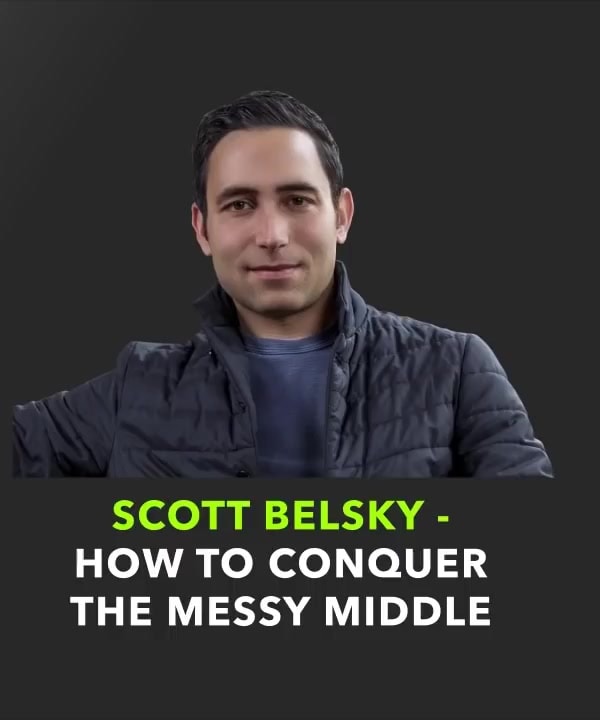Laziness
Sources:
Tim Ferriss discussed the concept of laziness multiple times, often distinguishing between unproductive laziness and "productive laziness".
-
Productive Laziness: Tim Ferriss and guests like Michael Lewis talked about the idea that seemingly "wasting" time can actually be productive. Michael Lewis shared a quote from Amos Tversky, highlighted in "The Undoing Project," which resonated with him: "People waste years of their lives not being willing to waste hours of their lives." Lewis emphasized that always needing to seem busy hinders people from identifying tasks truly worth doing and sifting out the unimportant ones. By embracing inertia and not constantly needing to be active, one can find more meaningful and valuable pursuits 1 2.
-
Prioritizing High-Leverage Activities: Ferriss noted that many highly productive people focus on high-leverage tasks and take advantage of their "lazy" moments. For instance, notable figures like Winston Churchill and Warren Buffett were not always busy in a frenetic sense. He quoted, "You don't have to do a lot if you get a few things right," suggesting that prioritizing effective tasks over constant activity yields better results 3.
-
Embracing Sloth and Indolence: Michael Lewis also discussed how his upbringing instilled a sense of doing as little as possible, a mindset that initially seemed counterproductive. However, this approach allowed him to selectively engage in tasks that genuinely interested him, making his work more meaningful. He noted that being able to step back and not feel obligated to constantly produce work changes one's relationship with potential projects, allowing only those that genuinely excite to rise to the level of engagement 4.
-
Laziness in Onboarding Experiences: Scott Belsky highlighted the importance of laziness in product design, especially during the onboarding process. He stressed that products should cater to the users' natural tendencies toward laziness by simplifying the onboarding experience. This principle helps in crafting better first-mile experiences, making it easier for users to adopt the product 5.
These insights suggest that embracing strategic laziness or periods of inactivity can be a powerful tool for prioritizing meaningful work and fostering creativity.
RELATED QUESTIONS-




